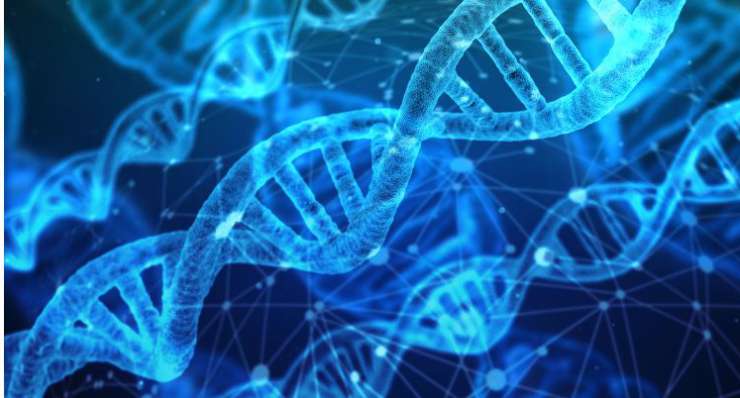
Sperm DNA fragmentation refers to the damage that occurs to the DNA within sperm cells, which can negatively impact fertility. High levels of sperm DNA fragmentation have been linked to a range of fertility issues
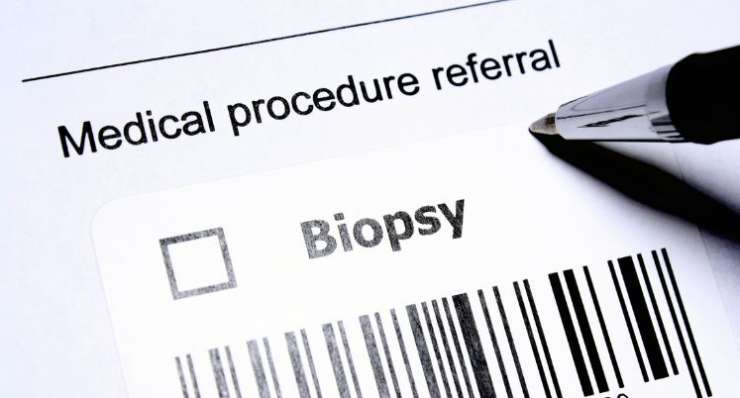
The procedure can help diagnose the underlying cause of azoospermia and determine the potential for sperm retrieval for use in fertility treatments.
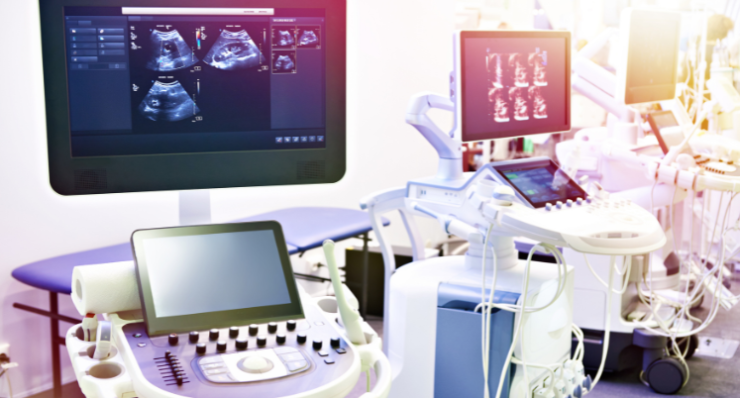
A Sonohysterogram is a diagnostic test that uses ultrasound technology to examine the inside of the uterus. During the procedure, a small amount of sterile saline solution is injected into the uterus through a thin tube called a catheter.
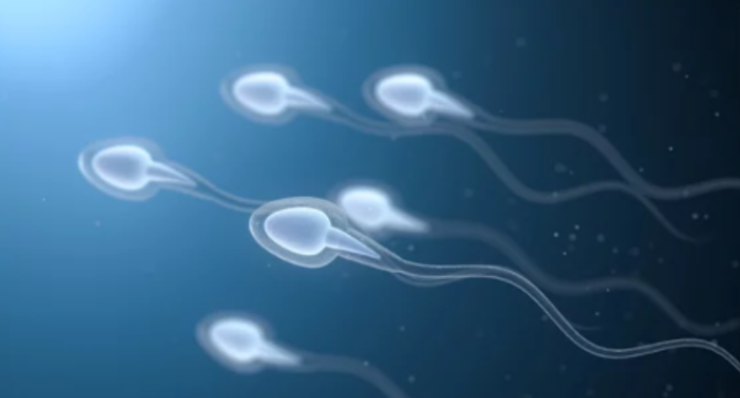
Sperm freezing, also known as sperm cryopreservation, is a process that involves collecting semen samples and storing them in liquid nitrogen at extremely low temperatures (-196°C).
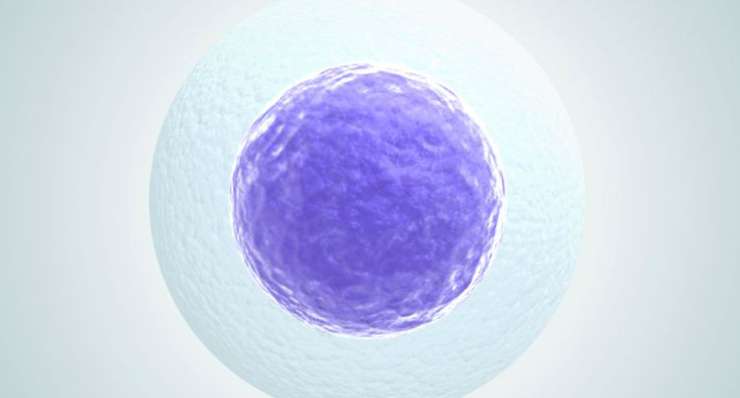
Egg freezing is a process that involves collecting a woman’s eggs and freezing them for future use. The process begins with hormone injections to stimulate the ovaries to produce multiple eggs.
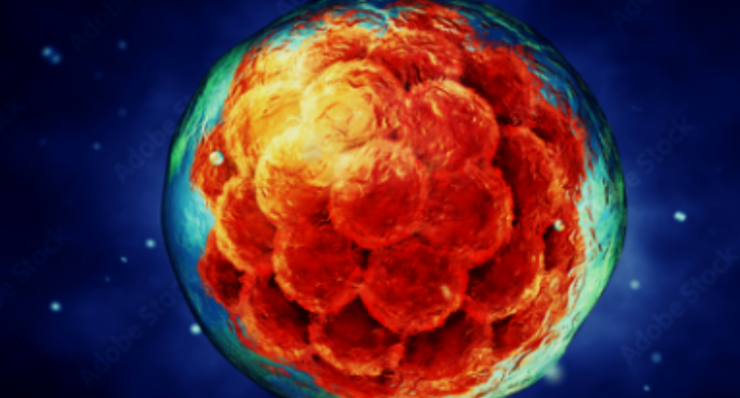
This process involves freezing embryos created during in vitro fertilization (IVF) for future use. Embryo freezing can be an excellent option for couples who want to preserve their fertility for a variety of reasons, including:
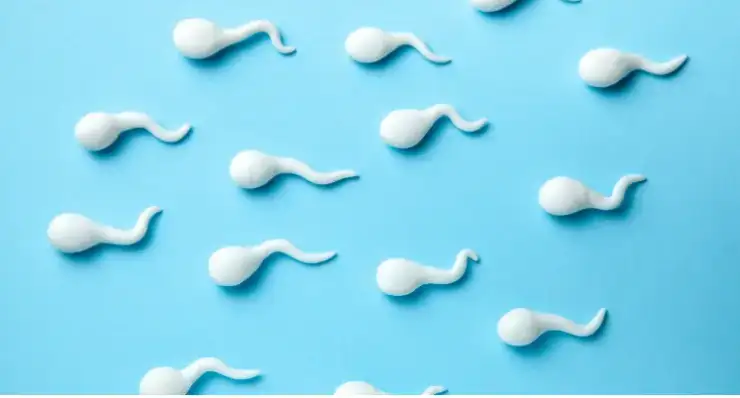
Semen Analysis is a basic male fertility test that evaluates different parameters of sperms namely appearance, concentration, motility, morphology, agglutination and liquefaction.
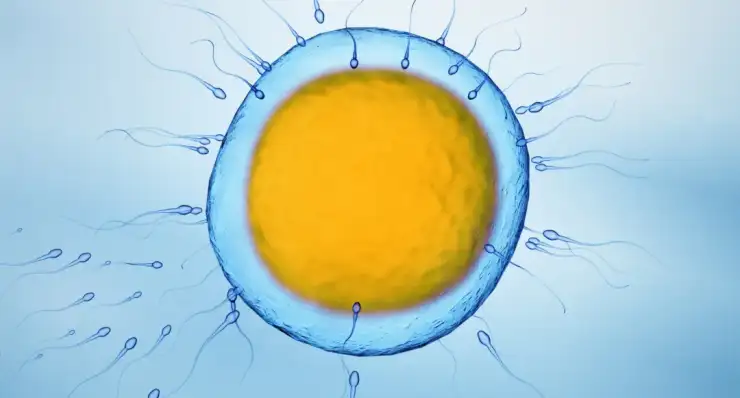
Intrauterine Insemination (IUI) is a common and effective fertility treatment option that involves placing of processed sperm from the male partner directly into the uterus of the female partner.
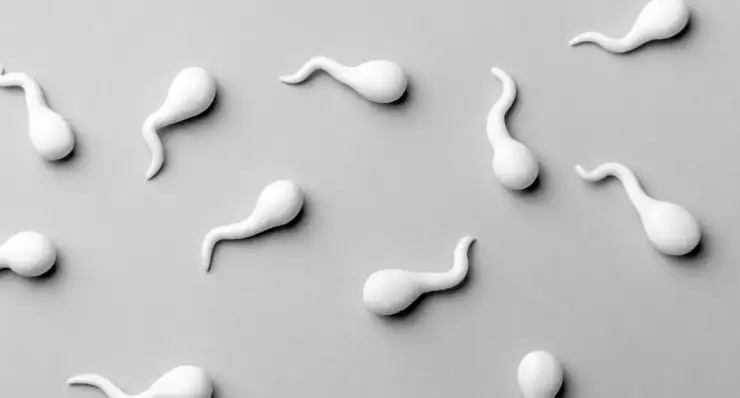
Semen freezing involves the process of collecting semen samples and storing them in liquid nitrogen at extremely low temperatures (-196°C).
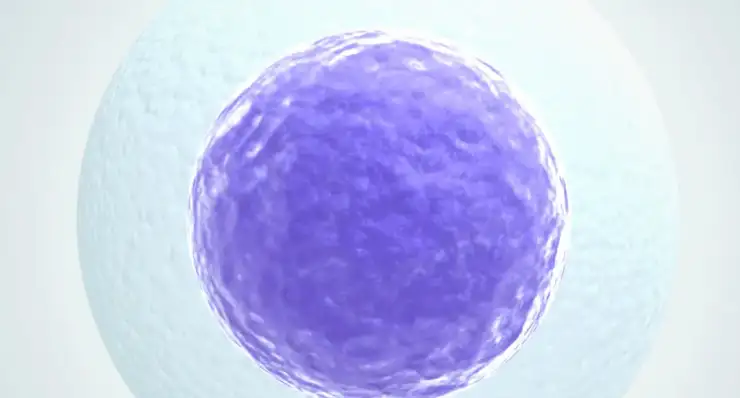
Egg freezing involves the process of collecting and freezing a woman’s eggs which will later be stored in liquid nitrogen at very low temperatures (-196°C) for future use.
